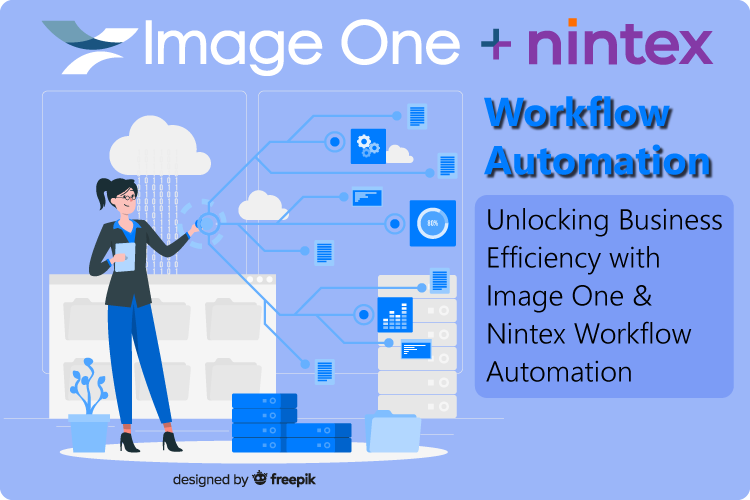Electronic invoicing makes companies more efficient
Monday, February 25, 2013More industries are rapidly adopting electronic document management solutions for paperless invoicing, which can streamline payment processes.
Recent research from INTTRA, the world's largest network for ocean shipping, revealed that an increasing number of high-volume shippers will be deploying electronic invoicing (e-invoicing) due to intensified pressure to reduce costs while improving service quality. The primary issues faced by the survey's respondents included managing disputes and reducing the time and costs associated with processing invoices. The study found that 81 percent of respondents want to receive invoices electronically this year. Otto Schacht, vice president of sea logistics at Kuehne & Nagel, explained that e-invoicing is a viable solution to these challenges.
"Invoicing, dispute resolution and payment processes are highly fragmented across the industry and represent a significant area of cost and inefficiency," he said. "Logistics providers and their ocean carriers can benefit from standardizing the process, improving visibility to their cash liabilities and providing a more transparent invoicing process, all of which save time and resources."
Cost and time effective
Manual payment processing continues to result in wasted resources and detrimental costs for shipping companies and carriers that INTTRA estimates can add up to millions of dollars every year. The firm referred to Billentis research that revealed e-invoicing can yield up to 80 percent cost savings. E-invoicing is able to cut costs by reducing the risk of errors and disputes, which slow processes and often result in fines or loss of revenue from discrepancies. According to INTTRA, today's error rates are approximately 20 to 25 percent of all freight invoices, which leads to delays and non-payment that wastes the time and resources of both parties. Rod Agona, managing director of e-invoicing at INTTRA, commented on the increase in electronic processing.
"It's no secret that this sector is dealing with a tough economy – one that has likely forever changed. It has both carriers and shippers looking for ways to be more efficient and profitable, and e-Invoicing is a proven method to achieve those goals," he said.
According to Post & Parcel, UPS will be taking advantage of quicker processing times by transitioning to a paperless invoicing system. After UPS Worldwide expanded its territory to cover more than 220 countries and territories, e-invoicing was a key factor in ensuring fast delivery at a low cost. The new system will make it easier for customers to upload international shipping documentation that has been created offline, which will speed the delivery process while also minimizing paper use and the risk of lost documents.
Converting to an e-invoicing system can accelerate billing and payment procedures, and as a result, improve invoice accuracy and client relations.
Brought to you by Image One Corporation providing complete information governance since 1994.




